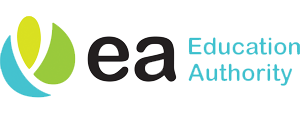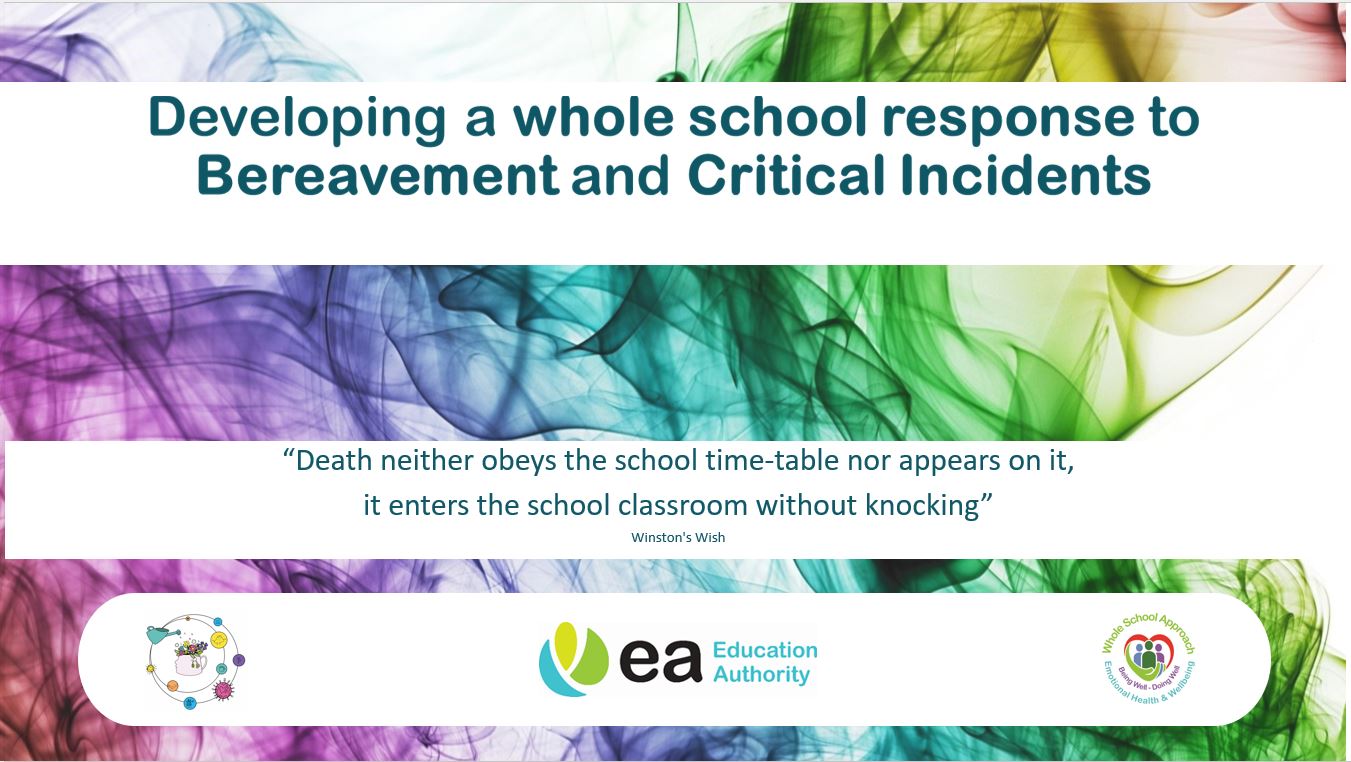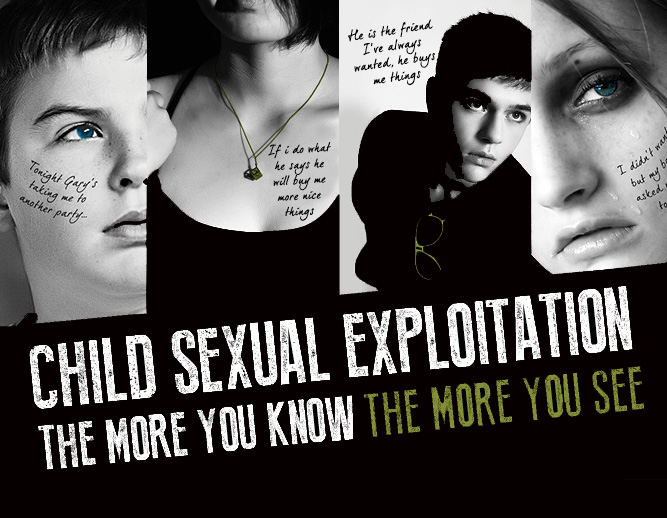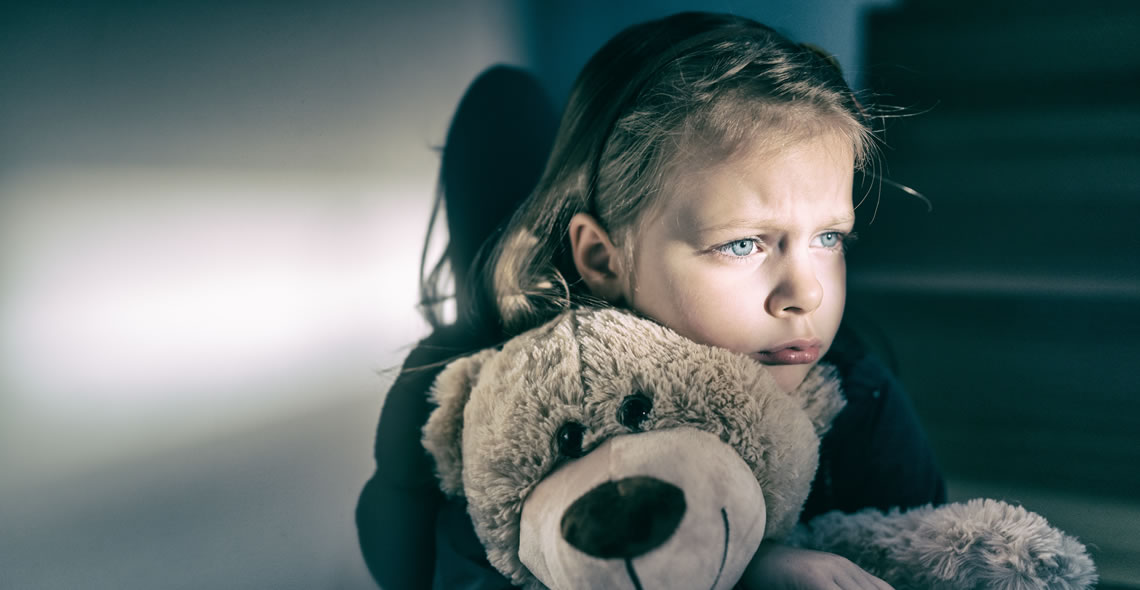Emotionally Based School Non-Attendance (EBSNA): Engaging with Entrenched EBSNA, Learning from Motivational Interviewing
This workshop provides a practical follow up to the initial training courses on Emotional Based School Non Attendance (EBSNA) developed by the Educational Psychology Service for primary and post-primary school staff. The workshop is particularly useful for SENCOs and/or those staff responsible for supporting attendance.
Attendees will further their learning regarding using techniques from Motivational Interviewing, to support them towards having more effective conversations with CYP experiencing EBSNA. The workshop will include a mix of theory, practical techniques, demonstrated role plays and videos.
This session aims to:
Raise awareness of the principles of Motivational Interviewing and introduce another way of working with complex EBSNA.
Introduce the cycle of change in relation to EBSNA and consider the importance of a child’s readiness for change.
Offer staff practical experience in using MI reflective listening techniques and support them to apply these in their work with children experiencing EBSNA.
The workshops will take place on the following dates:
Term 1:
Session 1: 16th September 2025, 1:00pm-3:30pm
Session 2: 17th September 2025, 1:00pm-3:30pm
Term 2:
Session 1: 13th January 2026, 1:00pm-3:30pm
Session 2: 14th January 2026, 1:00pm-3:30pm
Term 3:
Session 1: 22nd April 2026, 1:00pm-3:30pm
Session 2: 23rd April 2026, 1:00pm-3:30pm
These sessions are at least 50% practical so staff signing up should be willing to participate in the activities. Attendees should come with a case of entrenched EBSNA in mind and be prepared to discuss it.
PLEASE NOTE: This is a small group session and places are strictly limited to one attendee per school at any given session.
Attendees must have already completed one of the following Educational Psychology Service’ Training Sessions
Emotionally Based School Non-Attendance (EBSNA) - A framework for supporting Post-Primary Pupils.
Emotionally Based School Non-Attendance (EBSNA) - A framework for supporting Primary Pupils.
 EA SDS
EA SDS







